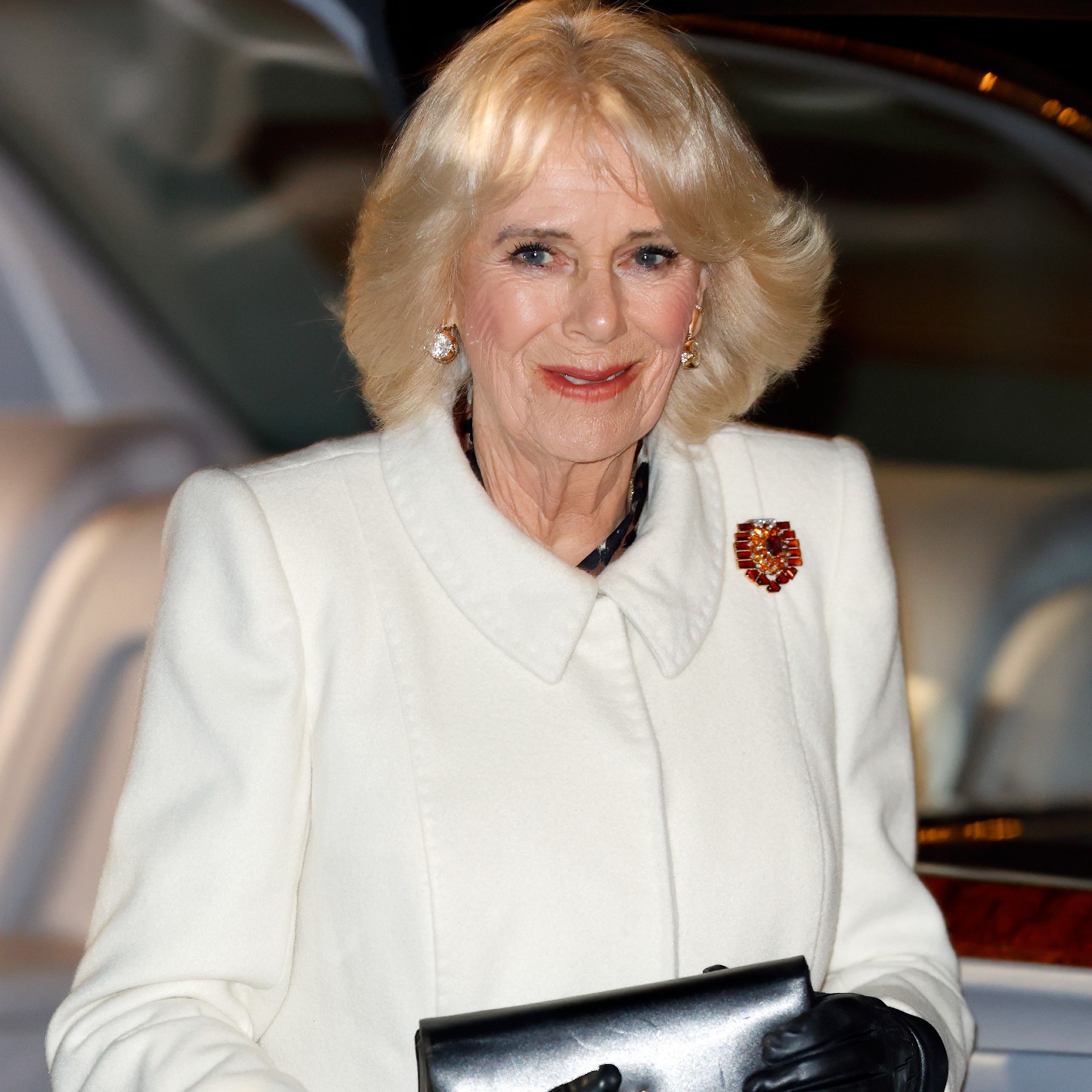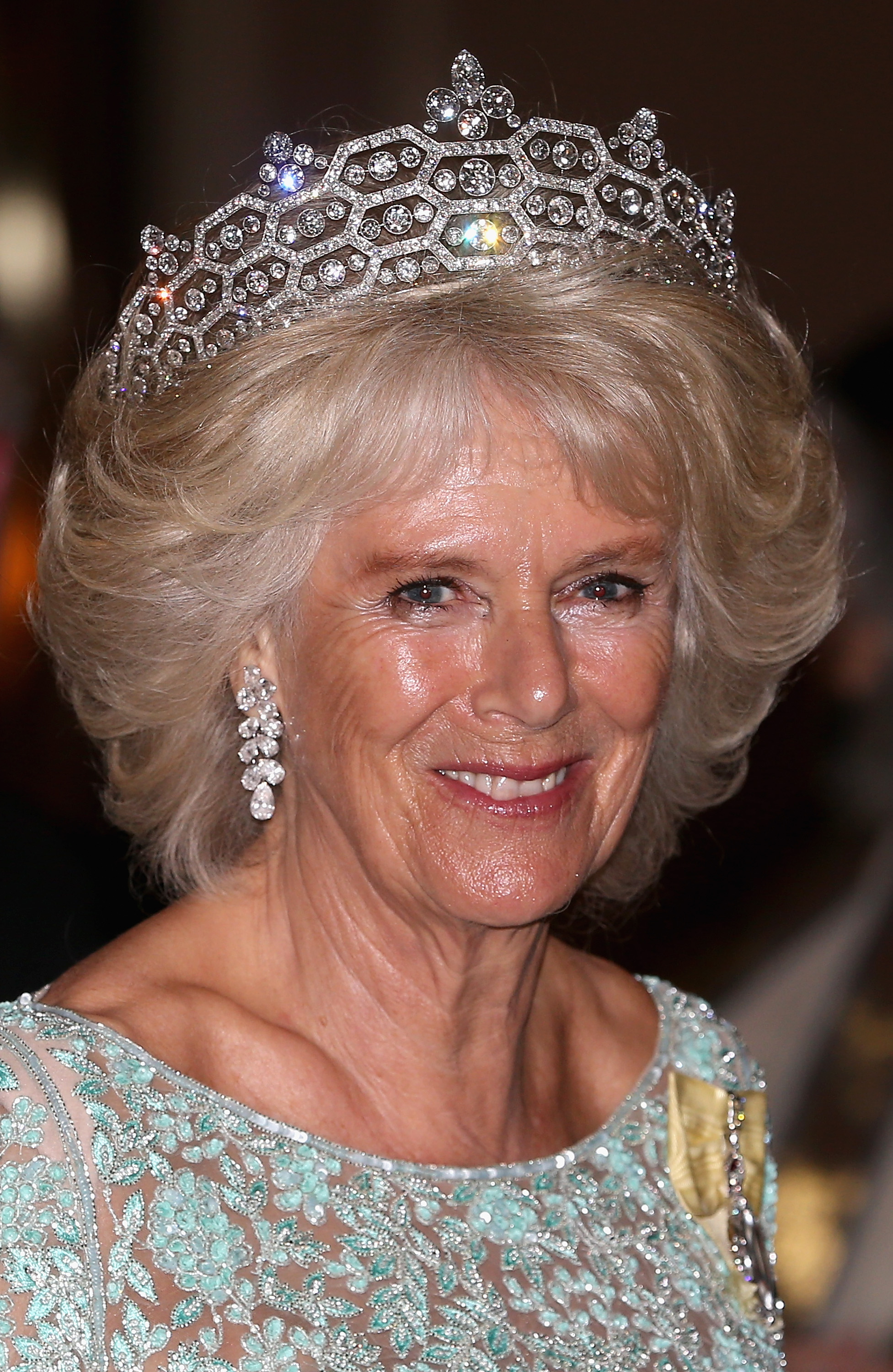
The journey of Camilla’s title has gone from Princess Consort—the title the public was told she would one day hold when the then Prince Charles became King upon their marriage in 2005—to Queen Consort, as requested specifically by Her late Majesty, to Queen Camilla, as boldly proclaimed in the Coronation invitation. Immediately after Her late Majesty’s death last September, Camilla was known as Queen Consort so as not to confuse her with Queen Elizabeth, who was still very much in the headlines. Now, eight months later, as of May 6, Camilla will be crowned Queen.
There is a difference, though, between the type of queen Camilla is (a queen through marriage) and a queen regnant, which Queen Elizabeth was (a queen through birth). Regardless, Camilla will henceforth be known as Queen Camilla, like the other wives of kings before her.

“Yes, she is Queen after the Coronation,” says Rachel Bowie, cohost of Royally Obsessed, a Gallery Media Group podcast. By nature of her marriage to King Charles, Camilla has technically been Queen since September 8, but “the religious ceremony makes it official that she is Queen after the Coronation,” Bowie says.
It’s a big departure from 2005, and “the royal family was so different back then,” says fellow Royally Obsessed cohost Roberta Fiorito. “The public has gotten used to seeing Camilla as one of the hardest working royals, alongside [King] Charles and [Princess] Anne and others. This change was sort of inevitable as she’s become so front facing.” Her late Majesty giving Camilla her blessing to become Queen Consort “was such a momentous occasion,” Bowie says—and now, on Saturday, the culmination of a long journey from Camilla Parker-Bowles to Queen Camilla. (Imagine telling yourself in, say, 1993 that this was going to happen. IYKYK.)

Christopher Andersen, author of The King: The Life of Charles III, tells Marie Claire exclusively that, among the many firsts, “this is the first time a divorced man has been crowned king, and the first time a divorced woman has been crowned queen—and not any divorced woman, but the mistress who broke up the king’s first marriage,” he says. “Diana still casts a huge shadow over the proceedings.”







